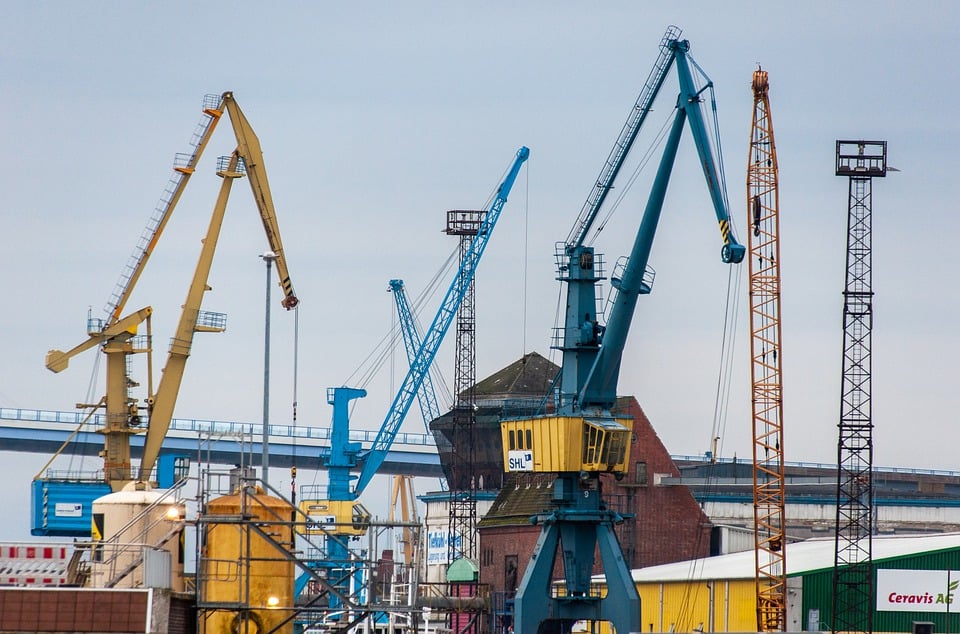In the age of digital transformation, few technological advances are as revolutionary as the Internet of Things (IoT). By connecting everyday devices to the internet, IoT is reshaping how we interact with technology and enhancing our quality of life. From smart homes to healthcare innovations, IoT is ushering in a new era of convenience, efficiency, and connectivity that touches every aspect of our lives.
What is IoT?
The Internet of Things refers to the network of physical devices, vehicles, appliances, and other objects embedded with sensors, software, and connectivity capabilities that enable them to connect and exchange data. Through this connectivity, these devices can gather and share information, automate processes, and facilitate improved decision-making.
The Smart Home Revolution
One of the most tangible impacts of IoT is seen in the concept of smart homes. These residences are equipped with a variety of interconnected devices that enhance convenience and energy efficiency. Smart thermostats, such as the Nest, learn homeowners’ habits and adjust temperature settings accordingly to reduce energy usage. Smart lighting systems allow individuals to control their home’s lighting remotely or via voice commands, adapting to their needs and preferences.
Furthermore, smart security systems have elevated home safety. Doorbell cameras, motion detectors, and smart locks enable homeowners to monitor their property in real-time, receive alerts on unusual activity, and grant remote access to visitors. This level of control and awareness not only enhances comfort but also gives users peace of mind.
Transforming Healthcare
The healthcare sector is experiencing a significant IoT-driven transformation. Wearable health devices—like smartwatches and fitness trackers—are empowering individuals to monitor their health metrics, such as heart rate, steps taken, and sleep patterns. This data can be synchronized with healthcare providers, enabling better patient care, early detection of health issues, and more personalized treatment plans.
Telemedicine solutions also benefit from IoT integration. Remote monitoring devices allow healthcare professionals to keep an eye on patients with chronic conditions from afar, leading to timely interventions and reduced hospital visits. This kind of transformation is particularly valuable in underserved areas, where access to healthcare resources may be limited.
Enhancing Urban Living
Smart city initiatives propelled by IoT are revolutionizing urban environments. By utilizing interconnected systems, cities can monitor infrastructure, traffic patterns, and environmental conditions to improve services. Smart traffic lights can adapt to real-time traffic flow, decreasing congestion and reducing emissions. IoT-enabled waste management systems can optimize garbage collection routes, leading to better resource allocation and a cleaner urban environment.
Moreover, public safety is being enhanced through IoT technologies. Surveillance cameras connected to analytical software can help law enforcement agencies identify and respond to incidents more quickly. Smart streetlights equipped with sensors can detect emergencies, automatically alerting authorities when necessary.
Unlocking Industrial Potential
Industries are reaping the benefits of IoT through enhanced operational efficiency and predictive maintenance. Manufacturers use IoT sensors to monitor machinery and equipment performance, reducing downtime and preventing costly breakdowns. With real-time data, companies can identify inefficiencies in their production lines and streamline processes.
Supply chain management has also been revolutionized by IoT technology. Sensors track inventory levels, monitor the condition of goods in transit, and optimize routes for delivery vehicles. This level of oversight allows for better inventory management and reduces waste, ultimately leading to cost savings and improved customer satisfaction.
The Future of IoT: Challenges and Opportunities
Despite its transformative potential, the widespread adoption of IoT is not without challenges. Data privacy and security are significant concerns, as the interconnectivity of devices creates potential vulnerabilities for hackers. As a result, it is crucial for legislation and regulations to evolve alongside technology to safeguard user data.
Moreover, the integration of IoT systems requires substantial investment in infrastructure and technology. Ensuring interoperability among diverse devices and platforms poses additional challenges that require collaborative solutions from industry stakeholders.
Conclusion
As we stand on the brink of a connected future, the Internet of Things represents a profound shift in how we engage with the world around us. From optimizing our daily routines to revolutionizing healthcare and enhancing urban living, IoT is unlocking unprecedented opportunities for innovation and efficiency. As technology continues to evolve, its impact on our everyday life will only become more profound, heralding a new age of intelligence and connectivity that brings the future closer than ever before. The journey of IoT is just beginning, and the possibilities are boundless.


